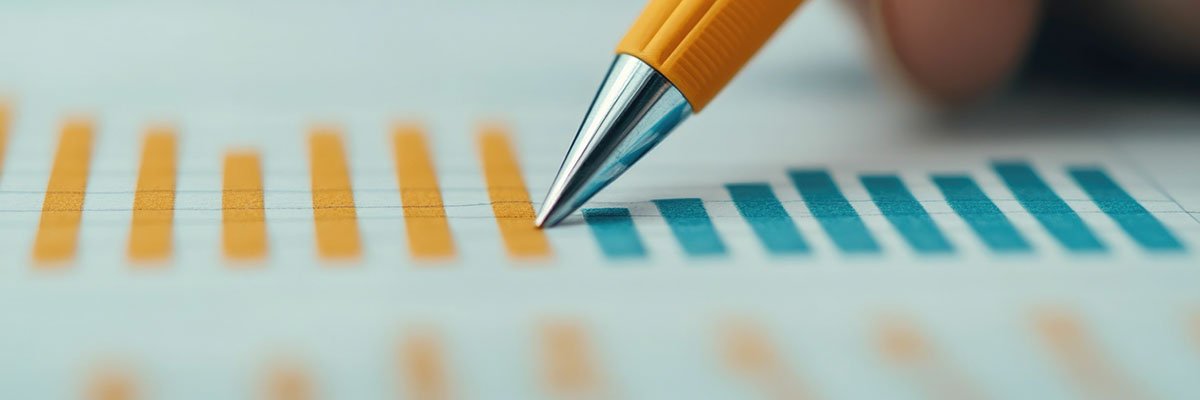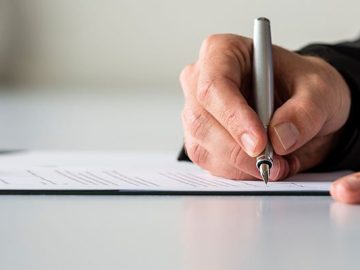The government has begun a consultation to look at how artificial intelligence (AI) is impacting copyright in the creative industries, with the aim of possibly introducing an AI exception to UK copyright law.
Among the key areas the consultation is looking at is trust and transparency between the creative industries and the tech sector, which require vast amounts of information to train AI models.
The government hopes the consultation will give rights holders a better understanding of how AI developers are using their material, how it has been obtained and how they can license and be remunerated for the use of original content.
“This government firmly believes that our musicians, writers, artists and other creatives should have the ability to know and control how their content is used by AI firms and be able to seek licensing deals and fair payment,” said Lisa Nandy, secretary of state for culture, media and sport. “Achieving this, and ensuring legal certainty, will help our creative and AI sectors grow and innovate together in partnership.”
From the AI developers’ perspective, the government is seeking comments from experts about how wide access to high-quality data for AI developers can be strengthened to enable innovation across the UK AI sector.
The consultation is looking at the effects of introducing an exception to copyright law for AI training for commercial purposes, while allowing rights holders to reserve their rights so they can control the use of their content.
The government believes that if this is combined with transparency requirements, content creators would have more certainty and control over how their content is used. The government said its proposals would give AI developers greater certainty about what material they can and cannot use and ensure wide access to material in the UK.
The consultation also proposes new requirements for AI model developers to be more transparent about their model training datasets and how they are obtained. For example, AI developers could be required to provide more information about what content they have used to train their models. This would enable rights holders to understand when and how their content has been used in training AI.
The government said the proposals it plans will help unlock the full potential of the AI sector and creative industries to drive innovation, investment and prosperity across the country, driving forward the UK government’s mission to deliver the highest sustained growth in the G7 under its Plan for Change.
The Department for Science, Innovation and Technology (DSIT) said uncertainty about how copyright law applies to AI is holding back both the AI sector and creative industries from reaching their full potential.
It can make it difficult for creators to control or seek payment for the use of their work, and creates legal risks for AI firms, which may curb AI investment, innovation and adoption.
After previous attempts to agree a voluntary AI copyright code of practice proved unsuccessful, DSIT said the government is determined to take proactive steps with creative and AI sectors to deliver a workable solution.
“It’s clear that our current AI and copyright framework does not support either our creative industries or our AI sectors to compete on the global stage,” said Peter Kyle, secretary of state for science, innovation and technology.
“That is why we are setting out a balanced package of proposals to address uncertainty about how copyright law applies to AI so we can drive continued growth in the AI sector and creative industries.”



